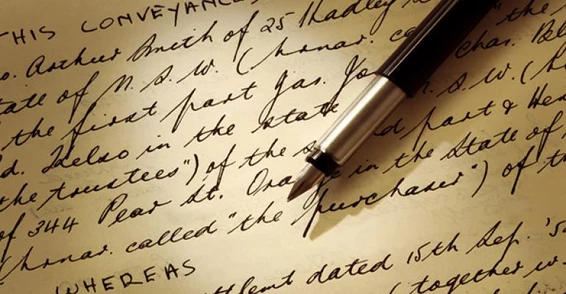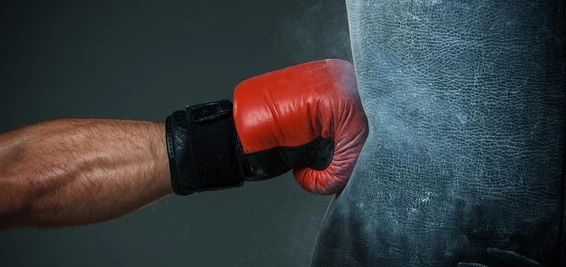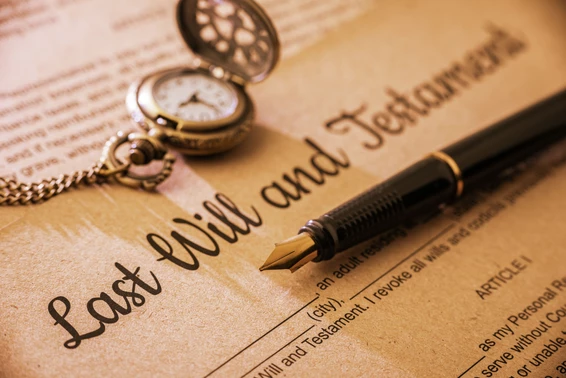
Do I Really Need a Trust?
February 9, 2019
What is the Difference Between a Will and Trust?
February 10, 2019
Do I Really Need a Trust?
February 9, 2019
What is the Difference Between a Will and Trust?
February 10, 2019
In the United States, most people do not have a will and they should. The fact is that any size estate, whether you are the wealthiest family, or you have meager possessions. This is because there are two kinds of wills that serve different purposes.
The first kind of will is one that should be executed by those that have any amount of possessions. This is the kind of document that you typically think of when you think of a will. A lengthier title may be “Last Will and Testament.” This kind of will contains instructions on who oversees your estate when you pass, often called an “Executor,” or a “Personal Representative”. This kind of will also contains instructions on who can receive your remaining assets and can also provide instructions on who is to care for minor children.
In the state of California, creating a will can be as simple as sitting down with a pen and paper, hand-writing your wishes, and signing and dating the paper. This kind of will is called a “holographic will.” It doesn’t even require witnesses. Although, the more official your will is, the less it may be open to debate or misinterpretation.
The second kind of will is one that accompanies a more complex estate. This is called a “Pour-over will.” This kind of will does not typically name who gets what, but it works as a fail-safe to a Trust. Most estates with a home or with minor kids with a life insurance policy will opt for creating a trust. A pour-over will is a must in these situations. Part of owning a trust is “funding” the trust, or transferring property into the trust. This process is vital to make a comprehensive plan. Sometimes this fails to happen or certain property is inadvertently left out of the trust. A Pour-over will will pick this property up and pour it over into the trust.
Since there are two types of wills: one for simple estates and one for complex estates, everyone should have a will. Call our office if you need assistance setting up your own estate plan at (951) 516-2292.



